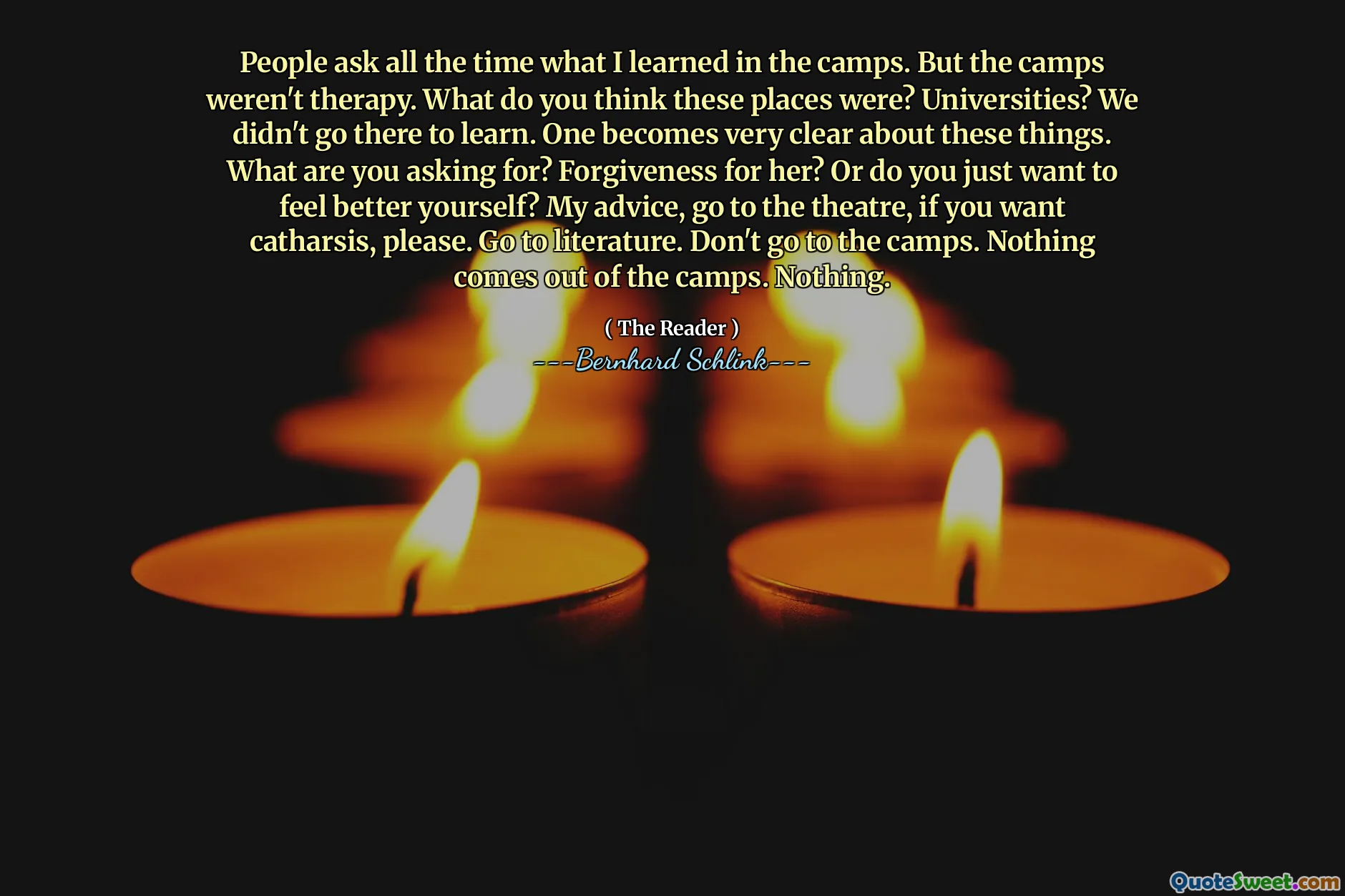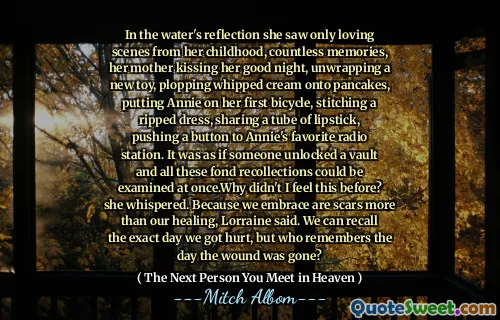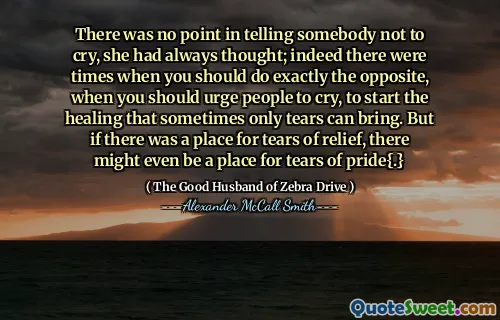
People ask all the time what I learned in the camps. But the camps weren't therapy. What do you think these places were? Universities? We didn't go there to learn. One becomes very clear about these things. What are you asking for? Forgiveness for her? Or do you just want to feel better yourself? My advice, go to the theatre, if you want catharsis, please. Go to literature. Don't go to the camps. Nothing comes out of the camps. Nothing.
This quote profoundly examines the purpose and impact of trauma and suffering associated with brutal experiences such as camps during atrocities. The speaker emphasizes that camps are not places for learning, healing, or therapy but are inflicted spaces that reveal harsh realities and natural human responses. The statement challenges the common misconception that one can seek solace or redemption through such suffering, suggesting instead that true catharsis resides in art forms like theatre and literature. These mediums foster understanding, emotional release, and reflection in a safe environment, unlike the camps—historically associated with dehumanization and trauma—that offer no real benefit or growth.
The reflection highlights a critical view of misplacing expectations that suffering alone can result in enlightenment or virtue. It prompts us to consider where genuine healing and understanding can occur—through cultural and artistic expression—rather than through futile or destructive experiences. The quote forces us to confront uncomfortable truths about the aftermath of trauma and the human tendency to seek meaning even in the most devastating circumstances. It reminds us that true growth and catharsis come from constructive engagement with life’s complexities, and that suffering as an end in itself leaves nothing meaningful behind.
Moreover, it resonates as an appeal to prioritize meaningful, humane pursuits—like literature and theatre—over destructive environments that offer no constructive results. This perspective is especially relevant in contemplating the legacy of trauma and the importance of cultural outlets in processing pain, fostering remembrance, and ultimately healing.



